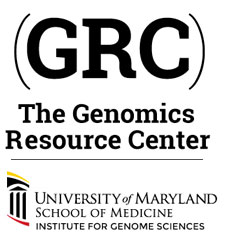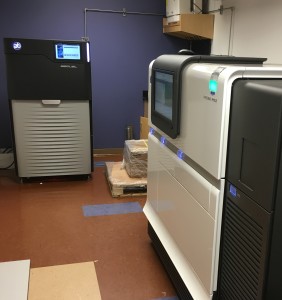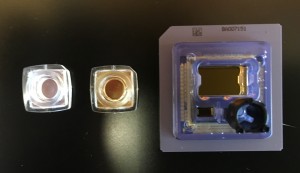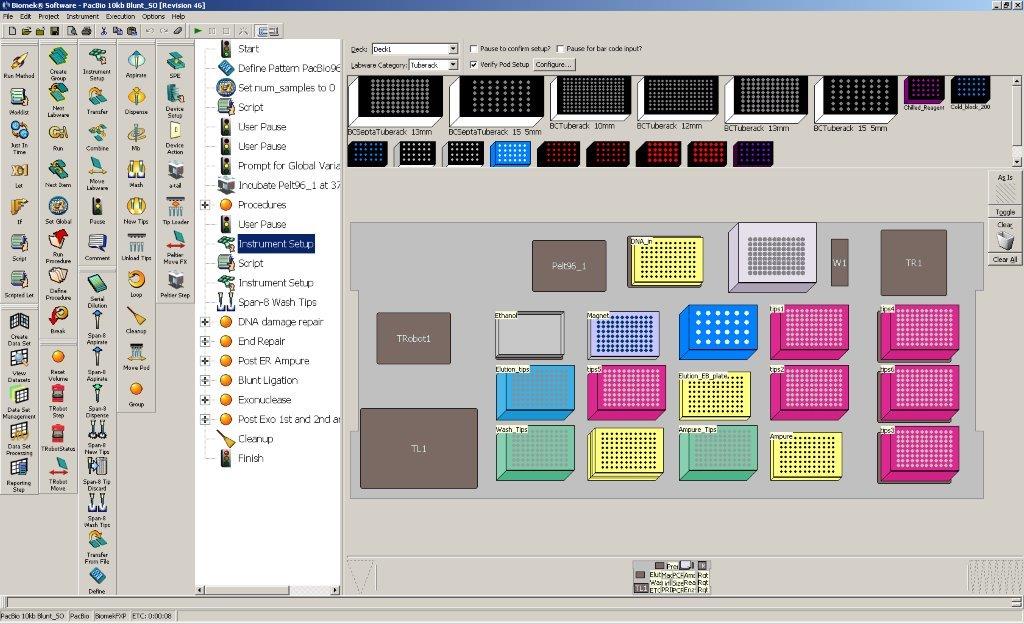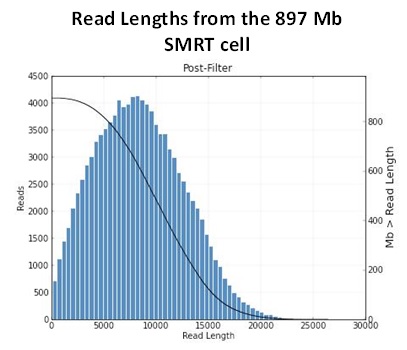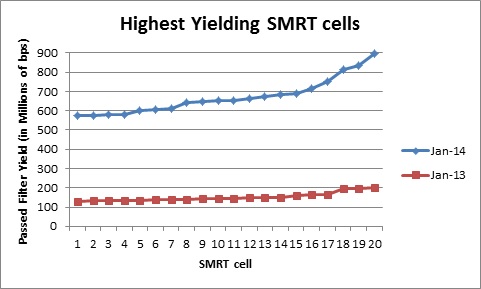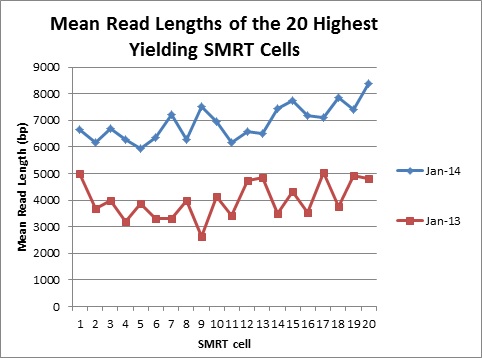We’re pleased to announce the winner of this year’s SMRT Grant, which launched during the American Society for Microbiology annual meeting this summer. The grant program, co-sponsored by PacBio and the Institute for Genome Sciences (IGS), was very competitive, with over 100 submitted proposals. From this broad range of entries, our judges faced quite a task choosing just one recipient for the grant.
Congratulations to Jessica Sieber from the University of Minnesota Duluth, who impressed reviewers with her proposal, “Metagenomic analysis of the gut microbiota of the 13-lined ground squirrel, a model fat storing hibernator.”
Ground squirrels have been models for human health conditions from diabetes and obesity to longevity and hypothermia. These particular squirrels are scientifically interesting because they almost triple their weight before going into a six-month hibernation, during which they consume nothing. Sieber notes that the hibernation process involves reducing the squirrel’s body temperature to 4 degrees Celsius. While that should be a challenging environment for the animal’s gut microbes, in fact they appear to thrive and may be responsible for folate production to protect the squirrel’s brain during hibernation. A deeper understanding of the role these microbiota play in this process may have downstream implications for human health.
Sieber’s project involves using SMRT Sequencing to produce a high-resolution picture of these gut microbial communities, including how they withstand the cold hibernation temperature. We look forward to learning about the new insights she discovers as a result of this grant!
In addition to the grant winner, the submitters of the top 10 proposals will have the opportunity to conduct their projects through IGS with a 20% discount on SMRT sequencing. Thank you to all of the submitters who participated in the grant competition. We look forward to a number of exciting new projects in the coming months!
Do you have a project that could benefit from SMRT sequencing or any of our other sequencing and analysis services? If so, please contact us for a free project consultation.
